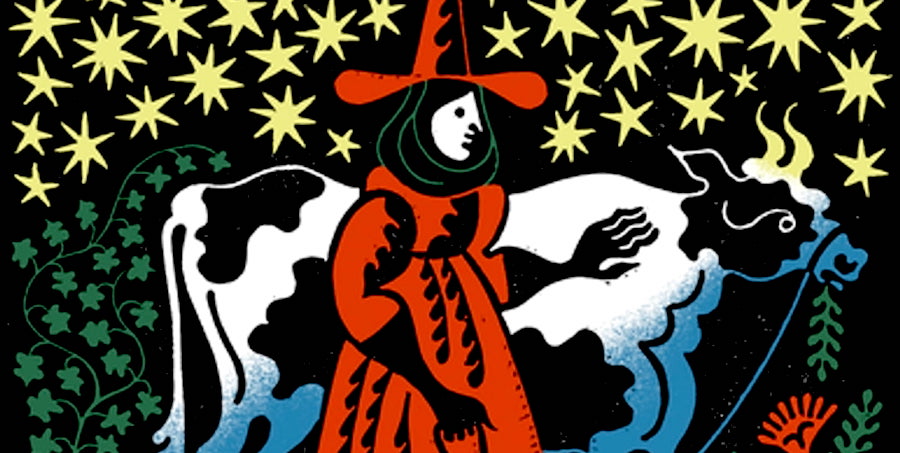Why Are We So Drawn to Rule-Breaking Characters in Fiction?
Tania James Recommends Rivka Galchen, Clare Beams, Rita Chang-Eppig, and More
For someone who has little patience for historical research, I never thought I’d write a novel of historical fiction. But I was attracted to the idea of writing a historical picaresque, one in which an unlikely hero—in my case, an eighteenth-century Indian woodcarver—acts recklessly to get what he wants, breaking more than a few rules along the way.
I’ve always been attracted to rule-breakers in fiction, to stories that interrogate the relationship between individual and authority. The following novels do all this and more, featuring characters who defy the norms of place and time, to thrilling effect.
*

Clare Beams, The Illness Lesson
It’s 1871, and Samuel Hood, along with his daughter Caroline, are opening a progressive new school for women. Yet neither Samuel nor Caroline are prepared for the sudden and inexplicable sickness that races through their female students, unearthing strange, mysterious symptoms: fainting spells, rashes, seizures. Soon the girls are no longer students so much as patients to be studied and “cured,” in increasingly unnerving ways.
The Illness Lesson is relentless in its reckoning with the blind spots of patriarchy and male-dominated medical systems. And Caroline’s final rebellion—a truly radical act—is as surprising as it is deeply satisfying.

Rita Chang-Eppig, Deep as the Sky, Red as the Sea
I love a good high-seas adventure, but what sets this one apart is the legendary Chinese pirate at the helm: Shek-Yeung, a woman who goes from being a fisherwoman, to a sex slave, to the Scourge of the South China Sea. Drawing upon the real-life nineteenth-century “Pirate Queen,” Chang-Eppig’s endows her Shek-Yeung with ambition and complexity, to show us a woman who comes into her own power, but not without cost.

Esi Edugyan, Washington Black
At the start of this novel, Washington Black is a field slave on a plantation in Barbados. By the end, he’s a man of science, his curiosity for the natural world taking him as far as the Antarctic.
My own novel, Loot, owes a great debt to Washington Black. Whenever I thought I was taking my protagonist beyond the realm of the possible, I thought of the title character in Edugyan’s novel, and how far she allows him to travel, geographically and emotionally. What makes this picaresque convincing is the exacting, observant voice in which it’s told—that is, the voice of Black himself.

Lauren Francis-Sharma, The Book of the Little Axe
I’m of the belief that every mother is a mystery to their children, and this rich and absorbing novel uncovers the stories behind the scars and silences of Rosa Rendón, a Black Trinidadian woman who has fled her home and eventually becomes the wife of a Crow chief in Bighorn, Montana.
I love the way Francis-Sharma unearths what appears to be a historical footnote (Rosa’s husband is based on the real-life Edward Rose, a Black Native American chief and guide for early American explorers) and explodes it into an epic tale with Rosa at the heart—ambitious and defiant in her pursuit of a self-determined life.

Rivka Galchen, Everyone Knows Your Mother Is a Witch
I could open this novel to any page and stumble across a line that either makes me laugh or wince with terror. This is largely owing to the voice of our protagonist, Katharina Kepler, who, in seventeenth-century Germany, was accused of witchcraft. In this novel, Galchen imagines Katharina’s defense, as recorded by her neighbor Simon.
As desperate as she is to clear her name, Katharina can’t shake her fundamental belief in science and common sense, which is in short supply where witch hunts are concerned. Technically she may not have broken any rules, but she’s eccentric and irreverent and unlike any other woman in town, all of which make her the perfect target.
______________________________

Loot by Tania James is available from Knopf.




















